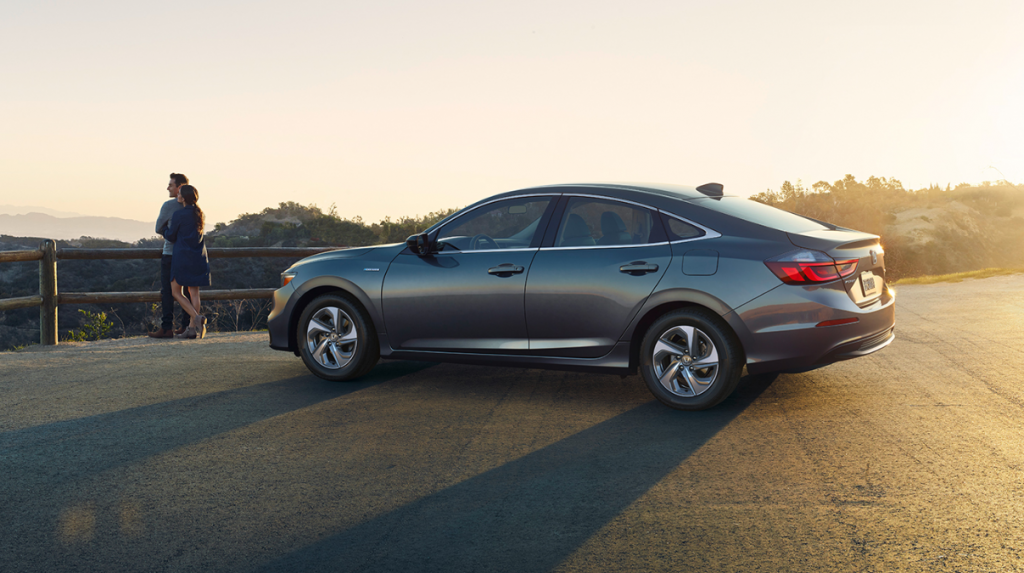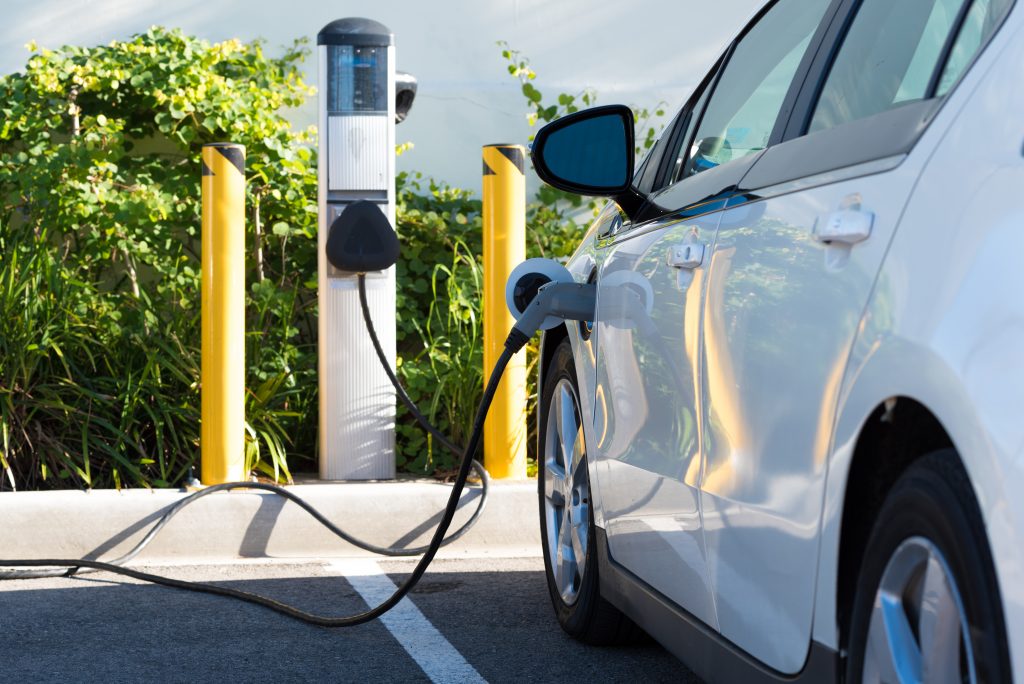Tips For Buying An Electric Car
The world of alternative-fuel vehicles is booming. Many people are turning away from gasoline costs and choosing the environmental benefits of electric vehicles. However, trying to decide what type of electric vehicle to buy can be confusing. Hopefully, this quick electric vehicle buying guide can help you select the right eco-friendly vehicle.
There are essentially two types of electric vehicles, Hybrid Electric Vehicles (HEVs) and Plug-in Electric Vehicles (PEVs). Both are more efficient and create far lower emissions than standard gasoline engine powered vehicles. Let’s start with a look at the difference between the two main types of electric vehicles.
A Hybrid Electric Vehicle (a.k.a. “Hybrid”) uses a battery pack and electric motor to drive the vehicle at low speeds but uses a gasoline engine to generate electricity to recharge the batteries and, in some cases, to supplement power to drive the vehicle at higher speeds. Most Hybrids use regenerative braking to help recharge the batteries whenever you use the brakes. The engine also shuts off briefly when it’s not needed, like when you’re at stoplights or coasting downhill.

Honda Insight Hybrid Available At Neil Huffman Honda in Clarksville
A Plug-in Electric Vehicle uses a plug-in charger to a recharge the batteries. Since it’s fully powered by electricity, a Plug-in Electric Vehicle contains no gas engine and relies solely on the battery pack to power the vehicle. Because there is no gas engine, Plug-in Electric Vehicles contain much larger battery packs than those typically found in the Hybrid electric vehicles.
There are also a number of variations of Hybrid and Plug-in Electric vehicles. For instance, a few years ago, a large SUV was offered as a “Hybrid” even though the electric motor only offered torque assistance during initial vehicle acceleration. Several vehicles are currently being sold that are Plug-in Hybrid Electric Vehicles (PHEVs). These vehicles can be charged overnight to extend the initial range that the vehicle can be driven before the gasoline engine needs to be used. For the most part, these are all considered Hybrid Electric Vehicles.
How To Choose The Right Electric Vehicle
When selecting the right electric vehicle, you should consider several factors related to your lifestyle and vehicle needs, including how far you have to drive, charging ability, maintenance and your own environmental principles.
The driving range of most Plug-in Electric Vehicles is limited by the capacity of the battery. In most instances, you can drive in that vehicle’s stated range without having to recharge the vehicle. The recharging process can take as little as two hours to as long as overnight, depending on the vehicle and the type of charger. This can be severely limiting to those with longer commutes, if you have to run a lot of errands on a daily basis or for those who want to take long weekend road trips.
The range of Hybrid Electric Vehicles is virtually unlimited because the gasoline engine provides the electricity to keep the batteries charged. However, the farther a Hybrid is driven, the more gasoline is used, which decreases the environmental benefits of operating a Hybrid. Hybrids work best in urban areas or “around town” and are most efficient at local speeds.
While Hybrid Electric Vehicles are charged with the built-in gasoline engine, the ability for charging is a consideration for most Plug-in Electric Vehicles. If you choose a Plug-in Electric Vehicle, you must have a 240-volt three-phase charger (for most efficient charging) at your home or consider other charging alternatives that may not be convenient. More and more locations are offering electric car charging stations which allow you to extend the range of use of your PEV while you’re on the go.

Maintenance is another consideration. Since Hybrids use a gasoline engine, you will still need oil changes, coolant flushes and the other regular maintenance of a gas engine. Fortunately, most of the electric drive systems need very little maintenance for extended timeframes.
When buying an electric vehicle, most people choose Hybrid or Plug-in Electric Vehicles for their environmental benefits. Hybrids are very efficient, offer increased fuel economy over standard gasoline-powered vehicles and put out very little emissions. Plug-in Electric Vehicles operate strictly on electricity with no emissions or use of fossil fuels.
If you feel strongly about emissions or want to completely eliminate your use of fossil fuels and are willing to change your driving lifestyle to live within the limited range, a Plug-in Electric Vehicle may be your best option. If you want to help lower emissions, use less fossil fuels and still fulfill your daily driving needs, a Hybrid Electric Vehicle would best suit your needs and lifestyle.
Regardless of your choice, be sure to stop in at Neil Huffman Honda in Clarksville and explore the great options in Honda’s electric vehicle lineup.




